Did you know that children and the elderly are most vulnerable to pneumonia? They are the two groups most at risk of pneumonia and the bacteria can be very easily spread from grandparent to grandchild within a household.
While illnesses like cancer and heart disease are more widely known, very few Singaporeans are aware that pneumonia is also one of the top three causes of death, accounting for up to 16% of total deaths in 2011 and over 2,000 patients admitted to hospitals.
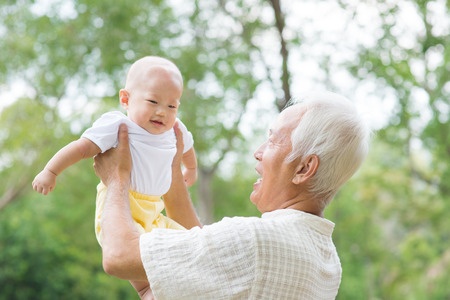
“With one of the fastest ageing populations in the world, rates of community-acquired pneumonia in Singapore will steadily increase unless measures are taken to prevent the disease,” said Dr Tan Yong Teck, Tan Medical Clinic. “Many Singaporeans do not know the toll pneumonia can take on their lives and how to care for their health as they age.”
What Is Pneumonia?
One common strain of pneumonia is pneumococcal pneumonia – an inflammation of the lungs caused by an infection by the pneumococcal bacteria. While some people may mistake pneumonia for a common cold as it causes symptoms such as sore throats, runny noses, fever and cough, pneumonia does present its own unique symptoms. These include labored breathing, shaking chills, chest pain, confusion or delirium, profuse sweating, accelerated respiration and pulse.
Anyone can get pneumonia but some age groups are at a higher risk. Infants, children and mature adults over the age of 50 are the most vulnerable due to weakened or immature immune systems that make it difficult for the body to expel the infection.
How Is Pneumonia Treated?
When we are ill, we often turn to a doctor for a prescription of antibiotics for a quick recovery and prompt treatment of pneumonia with antibiotics such as penicillin is usually effective. However, frequent use of antibiotics has resulted in an invisible army of super-resistant bacteria.
As a result of the extensive use of antibiotics around the world, many strains of pneumococcal diseases in both adults and children have become resistant to treatment. This is supported by research that has found that 1 in 3 cases reported is resistant to antibiotics. This makes the treatment of diseases such as pneumonia and pneumococcal disease more challenging as patients may need longer hospitalisation periods along with expensive alternative therapy.
This is alarming for Singapore’s ageing population as the elderly are harder hit by pneumonia than their younger counterparts. Their weakened immune systems make it challenging for the body to expel the infection as it would in a healthy, younger individual. The longer recovery time is supported by a study which found that patients aged 65 and above stayed in the hospital for an average of nine days – almost twice that of younger patients, whose stays averaged four days.vii
Many doctors encourage family members to be alert of any signs of chest infection as the elderly are less likely to report fever, chills and chest pain which they regard as the common flu. Due to these vague symptoms, many tend to put off seeking help which further exacerbates the infection.
That is why when it comes to pneumonia, prevention is better than cure and this disease can often be avoided with vaccinations. Instead of using antibiotics and only responding when the infection has already occurred, families must know that the best course of action to protect their loved ones from pneumonia, especially those who fall within the high-risk groups, is vaccination.

Vaccinations
While many are aware of vaccinations for children and infants because they are required, awareness of the increasing risks of pneumococcal disease for those aged 50 and above is much weaker. Research has also found that vaccination can help reduce the spread of pneumococcal pneumonia between children and the elderly.
A study shows that vaccinating children under the age of 2 can effect a 40 percent decrease in hospitalization from pneumonia from 1997 to 2009. By 2009, more than half the nationwide decline in pneumonia hospitalizations could be attributed to older adults, with some 70,000 fewer annual hospitalizations for those age 85 and older.
Today, the advances in vaccines present a more favourable preventative solution against pneumococcal disease. To address current vaccine issues, researchers developed a technique called conjugation, which is proving a credible option against diseases around the world. A conjugate vaccine is a class type that is created by covalently attaching a polysaccharide antigen to a carrier protein. Conjugate vaccines are recommended as they boost the immune system and raise antibody levels.
This article was written with the help of Dr Tan Yong Teck, MBBS (Singapore), Tan Medical Clinic.
References:
– Sydney’s Children’s Hospital. Pneumococcal disease, immunization and your family
– Ministry of Health Singapore. Principal Causes of Death
– Cost and Financing (Pneumonia). Ministry of Health
– Quebec Lung Association. Pneumonia.
– Centers for Disease Control and Prevention. Streptococcus Pneumonaie. Box 12. CDC Pink Book. 2009;15:217-230.
– About PD Drug Resistance. CDC
– Health Promotion Board. Pneumococcal Disease.
– Health Xchange. Pneumonia dangerous for the old.
– Vanderbilt University. Infant vaccine for pneumonia helps protect the elderly.
– Mäkelä, P Helena; Käyhty, Helena; Evolution of conjugate vaccines. Expert Review of Vaccines. Volume 1, Number 3, October 2002, pp. 399-410(12).
– Health Unlocked, ClL Support Association. healthunlocked.com/cllsupport. Last accessed on 13 November 2013.
* * * * *
If you find this article useful, do click Like and Share at the bottom of the post, thank you.
Like what you see here? Get parenting tips and stories straight to your inbox! Join our mailing list here.







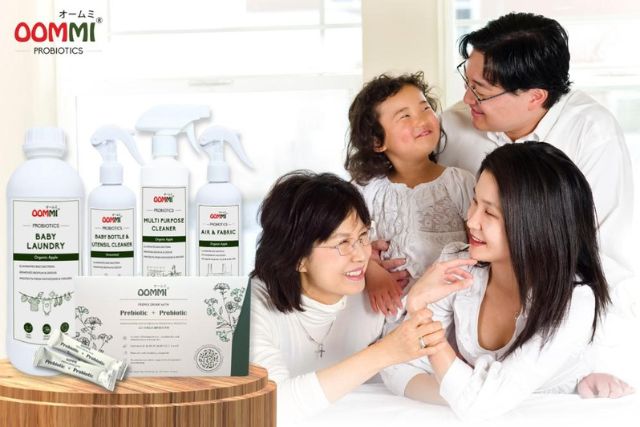




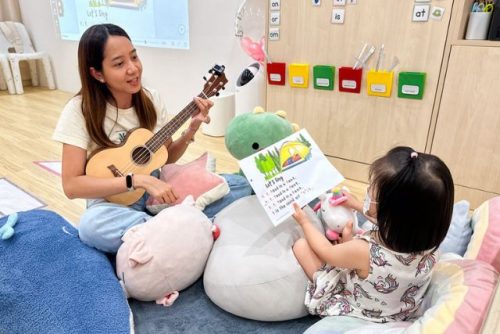



























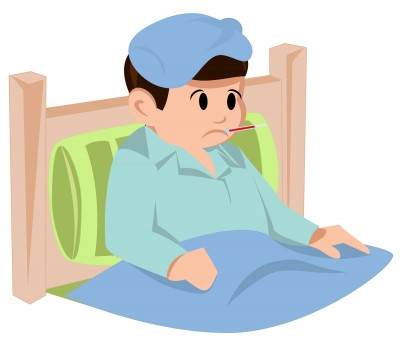
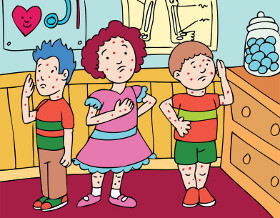
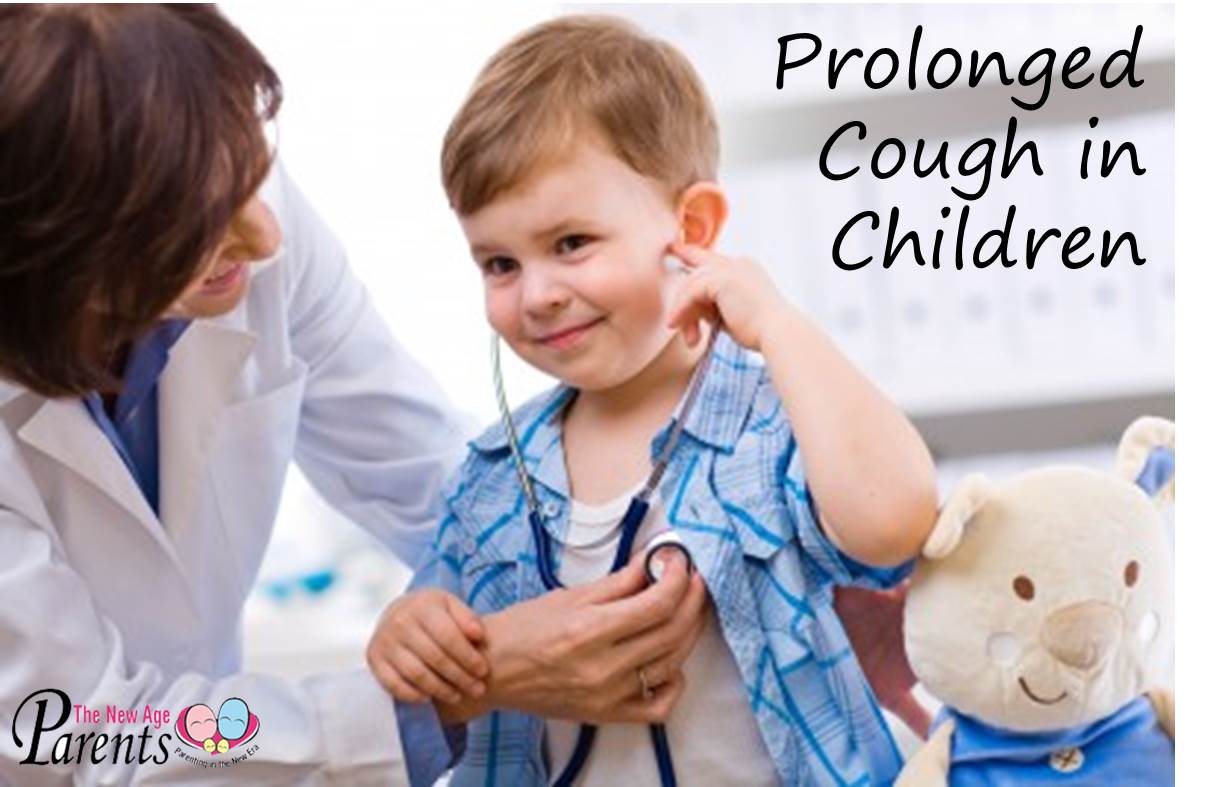

















Leave a Comment: